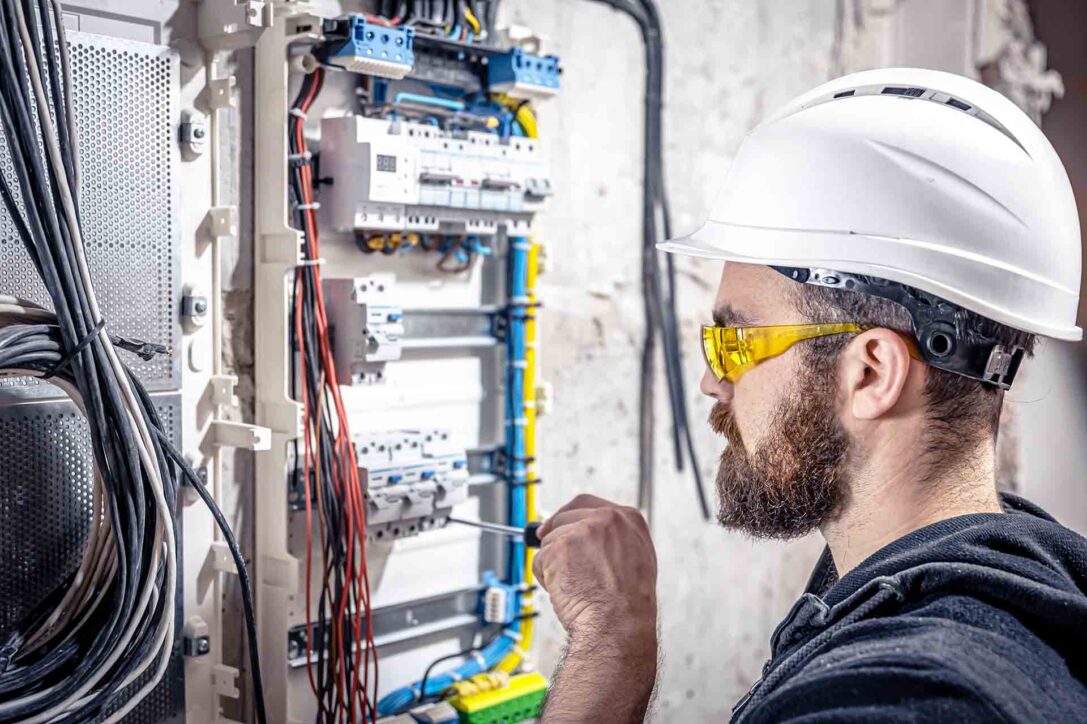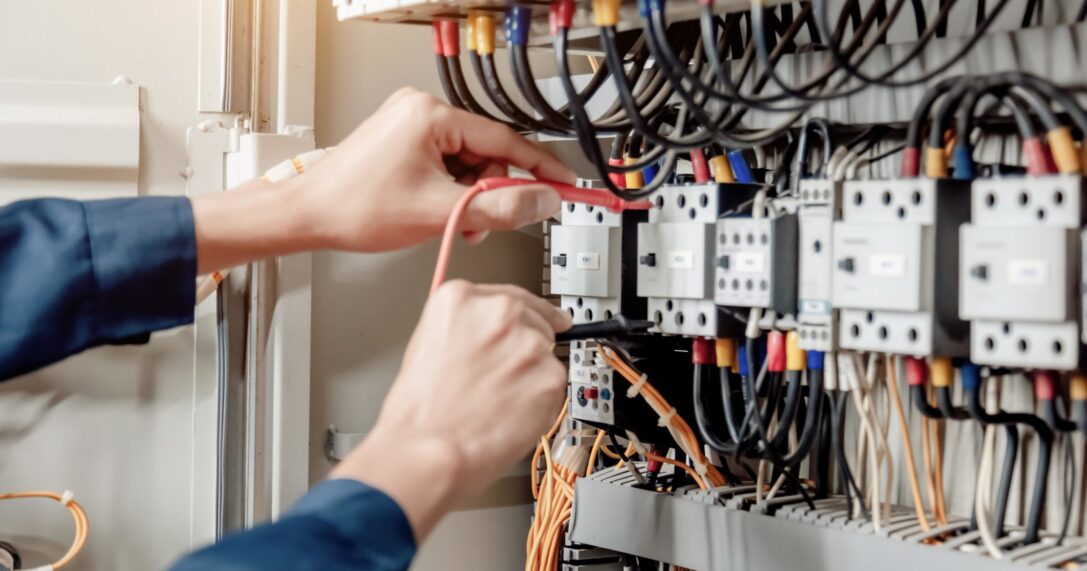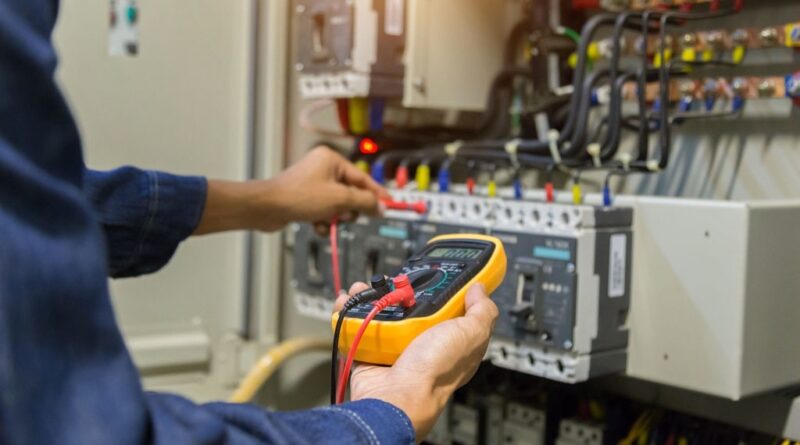The Vital Role of Electrical Contractors in Powering Seamless Electrical Systems
When successfully executing projects involving electrical systems, having skilled professionals who specialise in managing and installing electrical components is paramount. These experts have the expertise and knowledge to handle complex electrical tasks precisely and efficiently. Their role is instrumental in ensuring power flows seamlessly through buildings, infrastructure, and various projects. This blog will explore the vital role of electrical contractors who bring expertise and precision to electrical systems.

Installation and Construction – One of the primary responsibilities of these professionals is the installation and construction of electrical systems. They work closely with architects, engineers, and other construction professionals to plan and execute electrical installations. This includes wiring buildings, setting up electrical panels, installing lighting fixtures, and connecting power sources. The experts also ensure that all connections are properly insulated and grounded, reducing the chances of electrical malfunctions or fire hazards.
Maintenance and Upgrades – Electrical systems require regular maintenance to ensure optimal performance and longevity. Electrical contractors conduct routine inspections, identifying potential issues before they escalate into major problems. They perform tasks such as testing circuits, replacing worn-out components, and troubleshooting electrical faults. Additionally, they are responsible for system upgrades and keeping abreast of technological advancements to enhance energy efficiency and meet changing electrical demands.

Safety Compliance – Electrical safety is paramount, and these experts play a vital role in ensuring electrical systems meet the necessary safety standards. They follow strict protocols to protect against electrical shocks, short circuits, and other hazards. By adhering to local building codes and safety regulations, these professionals safeguard the well-being of occupants and prevent property damage. They implement safety measures such as proper grounding, installation of circuit breakers, and the use of high-quality electrical components.
Troubleshooting and Repairs – When electrical systems malfunction or experience faults, these experts are called upon to diagnose and repair the issues. Their expertise allows them to identify the root cause of problems and implement effective solutions. Whether it’s a faulty wiring connection, a malfunctioning circuit breaker, or a damaged electrical panel, the professionals possess the knowledge and skills to rectify the situation promptly. Quick and accurate troubleshooting minimises downtime, ensuring uninterrupted power supply and minimising user inconvenience.
Collaboration and Project Management – These experts often collaborate with a diverse range of professionals, including architects, engineers, construction managers, and other tradespeople. They effectively communicate with these stakeholders to ensure the seamless integration of electrical systems into broader construction projects. They also manage their own teams, coordinating and supervising electricians and apprentices to execute tasks efficiently and safely. Their project management skills help deliver electrical projects on time and within budget.

Consultation and System Design – These specialists also provide valuable consultation and system design services. Before the installation begins, they collaborate with clients to understand their electrical needs and requirements. Based on this information, these experts develop customised electrical system designs that meet the project’s specific demands. They consider factors such as power capacity, load distribution, wiring layouts, and equipment placement. By leveraging their expertise, these professionals ensure that the electrical system design aligns with safety standards, efficiency goals, and future scalability.
Conclusion – The role of electrical contractors encompasses a wide range of responsibilities and contributions in working with electrical systems. From their technical expertise to their commitment to safety, project management skills, and dedication to energy efficiency, these professionals are instrumental in the installation, maintenance, repair, and design of electrical systems. Their valuable services not only ensure the proper functioning of electrical infrastructure but also enhance safety, sustainability, and energy efficiency.


